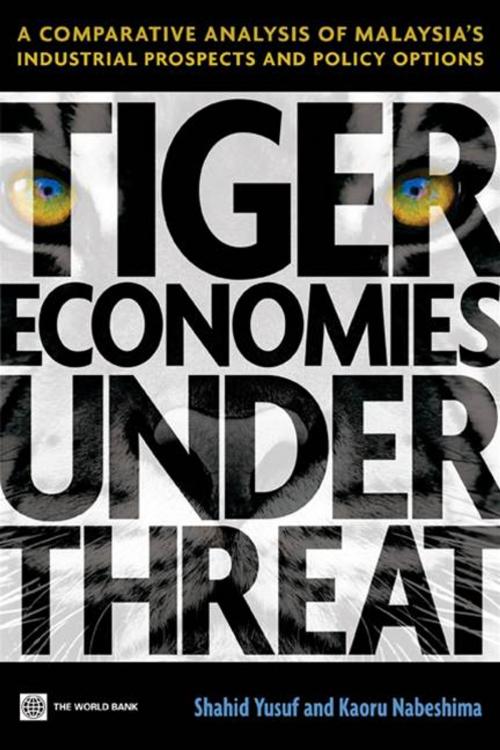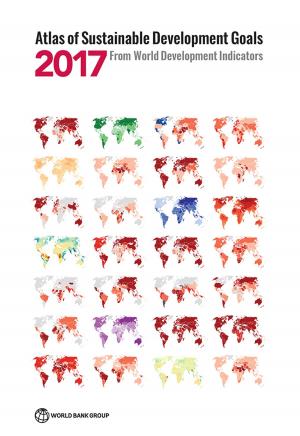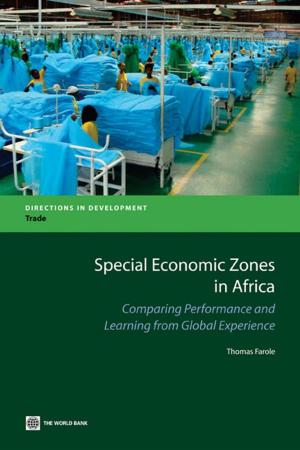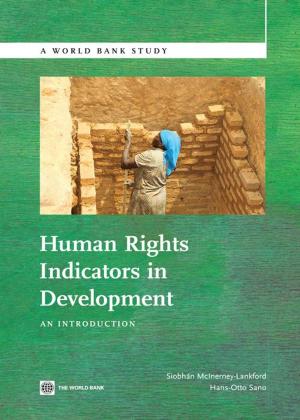Tiger Economies Under Threat: A Comparative Analysis Of Malaysia's Industrial Prospects And Policy Options
Business & Finance, Economics, Economic Development| Author: | Yusuf Shahid; Nabeshima Kaoru | ISBN: | 9780821378809 |
| Publisher: | World Bank | Publication: | October 1, 2009 |
| Imprint: | Language: | English |
| Author: | Yusuf Shahid; Nabeshima Kaoru |
| ISBN: | 9780821378809 |
| Publisher: | World Bank |
| Publication: | October 1, 2009 |
| Imprint: | |
| Language: | English |
Southeast Asian tiger economies feel threatened by competition from other countries and worry that their growth momentum might be flagging. Even though their growth rates are above the average for the world and for developing countries, they fall short of yesterday's economic performance. The underlying worry is that they presage the beginning of a downward trend, the harbingers of which are lower rates of investment, persistently low rates of total factor productivity and low levels of innovativeness. The South East Asian tigers' worries motivate three questions: First, are the tigers rightly threatened by a creeping economic sclerosis or what some observers are calling the "middle income trap"? Second, if the threat is real, what are the underlying causes? Third, are there ways of neutralizing the problems and at least maintaining if not raising the growth rates of the recent past?This book tackles these questions by means of a comparative analysis of the Southeast Asian tiger economies, centered on Malaysia. This analysis draws upon a comprehensive set of techniques and indicators to assess competitive pressures, gauge industrial and technological capabilities and to indicate the directions of industrial change in Southeast Asia could take.
Southeast Asian tiger economies feel threatened by competition from other countries and worry that their growth momentum might be flagging. Even though their growth rates are above the average for the world and for developing countries, they fall short of yesterday's economic performance. The underlying worry is that they presage the beginning of a downward trend, the harbingers of which are lower rates of investment, persistently low rates of total factor productivity and low levels of innovativeness. The South East Asian tigers' worries motivate three questions: First, are the tigers rightly threatened by a creeping economic sclerosis or what some observers are calling the "middle income trap"? Second, if the threat is real, what are the underlying causes? Third, are there ways of neutralizing the problems and at least maintaining if not raising the growth rates of the recent past?This book tackles these questions by means of a comparative analysis of the Southeast Asian tiger economies, centered on Malaysia. This analysis draws upon a comprehensive set of techniques and indicators to assess competitive pressures, gauge industrial and technological capabilities and to indicate the directions of industrial change in Southeast Asia could take.















